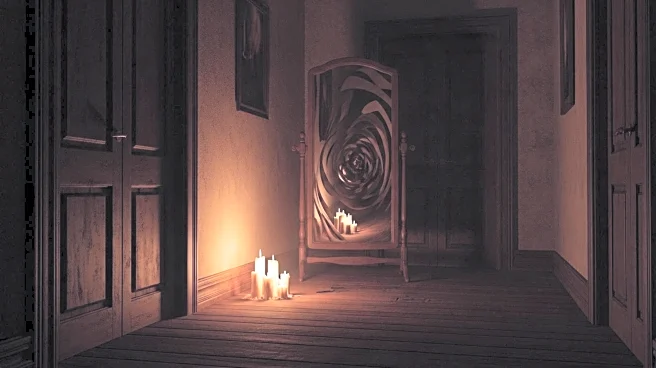What's Happening?
Developers of Resident Evil: Requiem have expressed uncertainty about the game's ability to deliver scares, a hallmark of the franchise. During an interview at the Tokyo Game Show 2025, director Koshi Nakanishi and producer Masato Kumazama discussed the challenges of maintaining the horror element while balancing action. The series has historically oscillated between survival horror and action, with recent titles leaning more towards action. The developers aim to return to the horror roots reminiscent of Resident Evil 2, but acknowledge the difficulty in gauging what is genuinely frightening after years of development.
Why It's Important?
Resident Evil is a flagship horror franchise, and its ability to scare players is central to its identity and success. The developers' uncertainty reflects broader challenges in the gaming industry, where innovation and audience expectations must be balanced. A shift back to horror could reinvigorate the franchise and attract fans seeking a more traditional Resident Evil experience. However, failing to deliver on the scare factor could impact sales and the franchise's reputation. The situation underscores the complexities of game development, where creative vision must align with market demands.
What's Next?
The developers will likely rely on player feedback from previews and early releases to assess the game's scare factor. Adjustments may be made based on audience reactions to ensure the game meets expectations. The release of Resident Evil: Requiem will be closely watched by fans and industry analysts, as it could set the tone for future titles in the series. The developers may also explore new techniques or technologies to enhance the horror experience.
Beyond the Headlines
The discussion about the game's scare factor highlights the subjective nature of horror and the challenges of creating universally frightening experiences. It also raises questions about the evolution of horror in gaming, where technological advancements offer new possibilities but also create new expectations. The developers' candidness about their uncertainties reflects a broader industry trend towards transparency and engagement with the gaming community.









